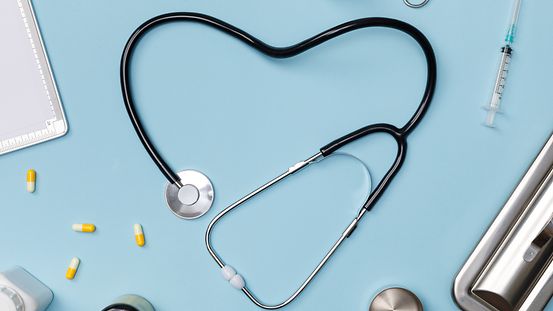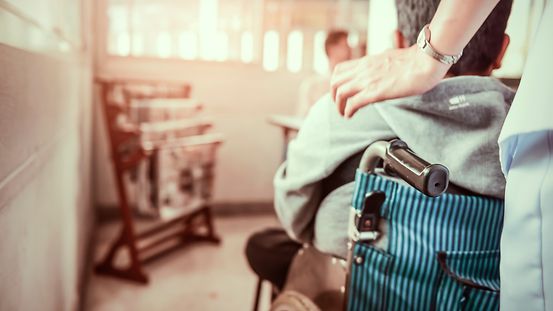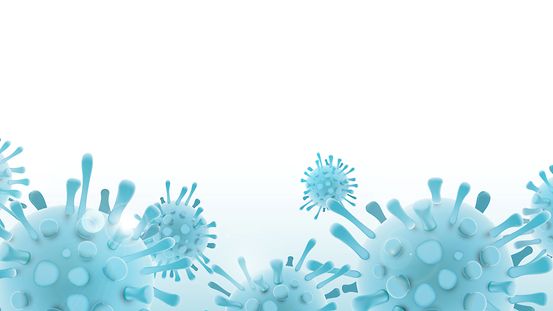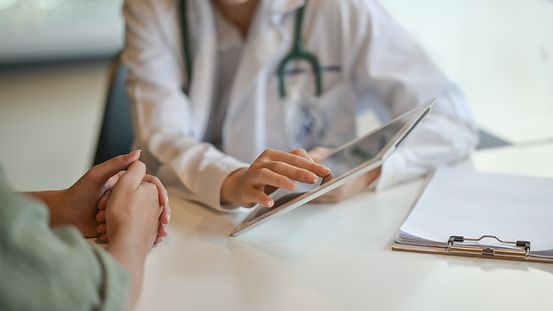Are you ill and need a doctor or psychological care? You can seek initial help at these addresses. You will also find information about finding the right contact person, making appointments, and what to do in case of emergency. Find out more about medical care in Germany.
You can find much more health-related information on the website Migration and Health at www.migration-gesundheit.bund.de
Health for all: A guide to the German health care system PDF, 574 KB, not barrier-free






